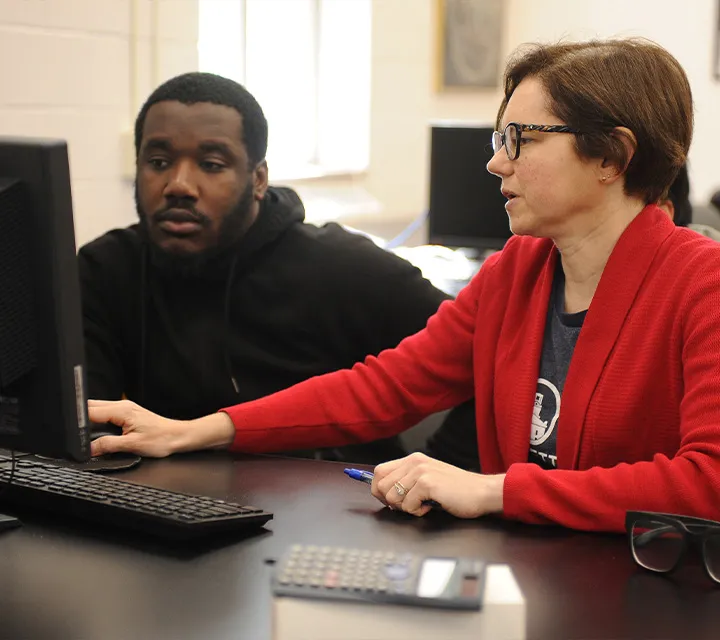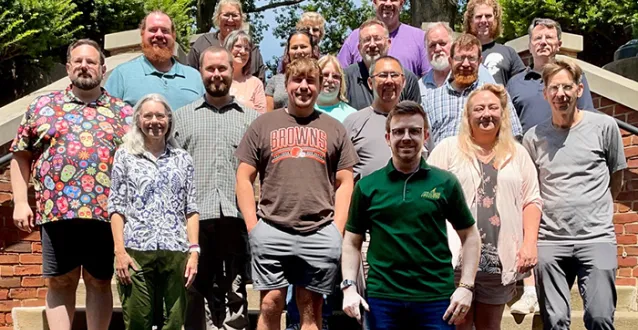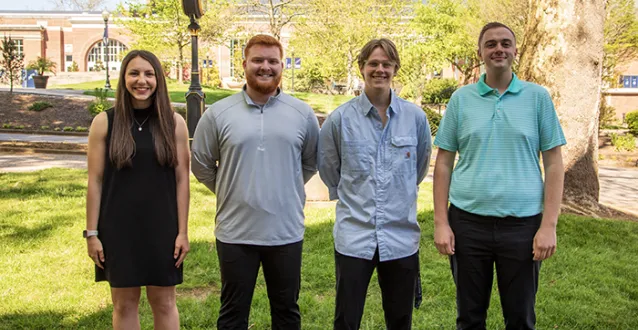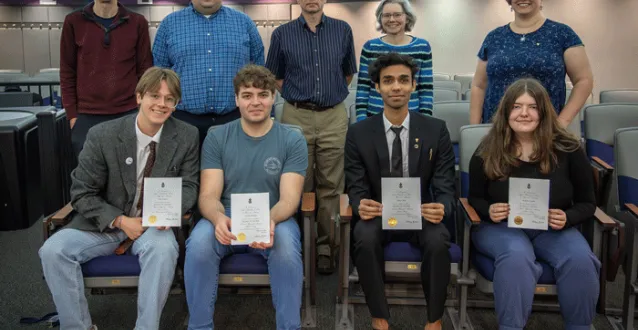Pioneers make contributions that matter
Time and space, matter and energy — physics is at the heart of all natural sciences. Marietta College’s Applied Physics majors have a natural curiosity to discover the mechanics behind how matter and energy behave. Students learn from talented faculty members who are dedicated to teaching but who also conduct research.
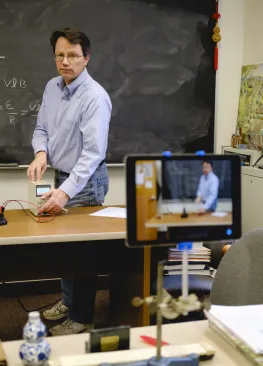
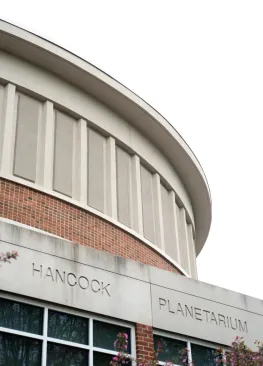
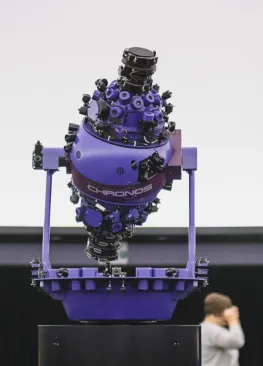
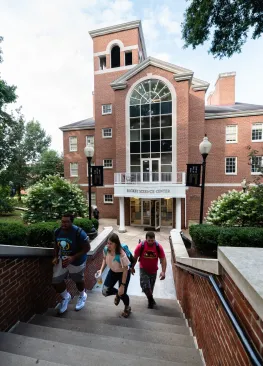
What You'll Learn as an Applied Physics Major
Over the course of four years, Applied Physics majors build upon their mathematical, science, and research skills, and learn how to be effective communicators. These strengths are valued by employers and graduate programs — which is why Marietta graduates are highly sought after following graduation.
Applied Physics majors can participate in Marietta’s Engineering Dual Degree program — a collaborative education between Marietta and one of our partner universities: Case Western Reserve University, Washington University in St. Louis, and West Virginia University. In this program, students complete a rigorous science and liberal arts core curriculum in three years before transferring to one of the partner schools to complete an engineering component. Within five years, students earn an Applied Physics degree from Marietta plus an engineering degree from the second university.
More Info
Our students have conducted some impressive research projects and completed some amazing internships, which has translated into finding the right graduate programs and professions.
- Outcomes — Graduate Programs
- Boston University, MS in Mechanical Engineering
- California Institute of Technology, Ph.D. in Materials Science
- Case Western Reserve University, MS in Mechanical Engineering
- Columbia University, MS in Architecture
- Johns Hopkins University, MS in Physical Chemistry
- University of California-Davis, Ph.D. in Physics
- Yale University, Ph.D. in Biophysics
- Outcomes - Professions
- NASA Glenn Research Center, Engineer
- 3M Company, Researcher
- U.S. Navy, Officer and Nuclear Specialist
- Rapid TPC, CEO
- University of Toledo, Physics Professor
FAQs
- Will I be required to complete an internship to graduate?
No, but we highly encourage all our students to consider completing an internship before graduation. However, all Applied Physics majors are required to complete a Capstone Project to graduate. The staff in our Career Center are here to help you explore internship possibilities.
- What is the difference between Applied Physics and Physics?
Physics and Applied Physics have the same core of physics and math courses, including a mentored research project. They diverge in the upper-level coursework. The Physics major emphasizes intermediate and advanced physics courses. Most Physics majors go to graduate or professional school. The Applied Physics major is designed to be more flexible, combining the physics and math core with electives that enable the student to count courses from a non-physics field in the major. The intent is that the student can apply the math and physics core to another field. Typical outcomes for Applied Physics majors include the Engineering Dual-Degree Program, licensure as a high school physics teacher, or entry-level employment in a variety of technical fields immediately following graduation.
- Will I get credit for my AP Physics class?
Students who earn specific scores on their AP Exams will receive college credit toward a variety of classes.
- What resources are available on campus if I am having trouble with a course?
This is a great question. Almost every student struggles with a class at some point during their college career. First, we encourage you to speak with your professor during the posted office hours. Marietta College also has a number of academic success centers available to every student.
